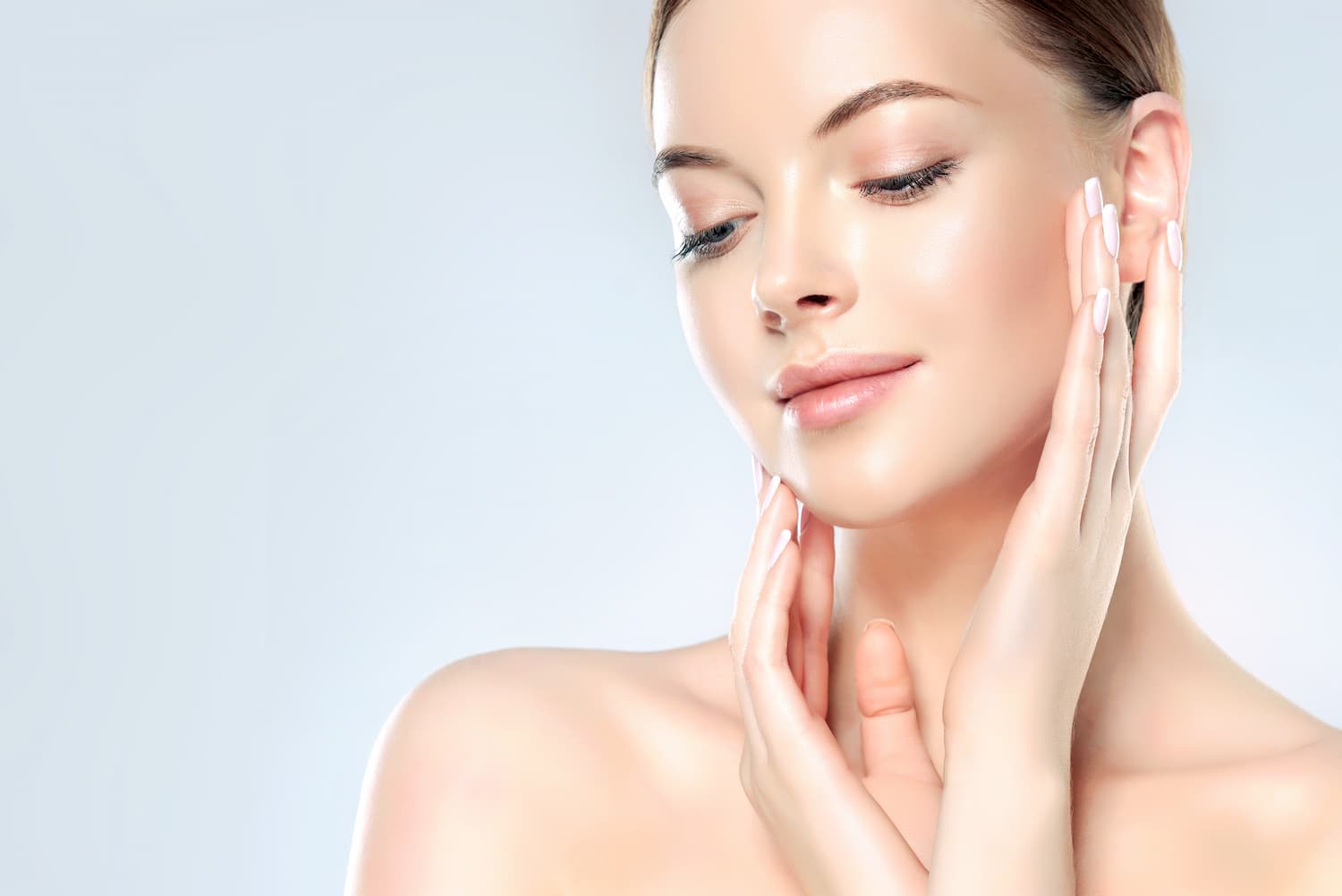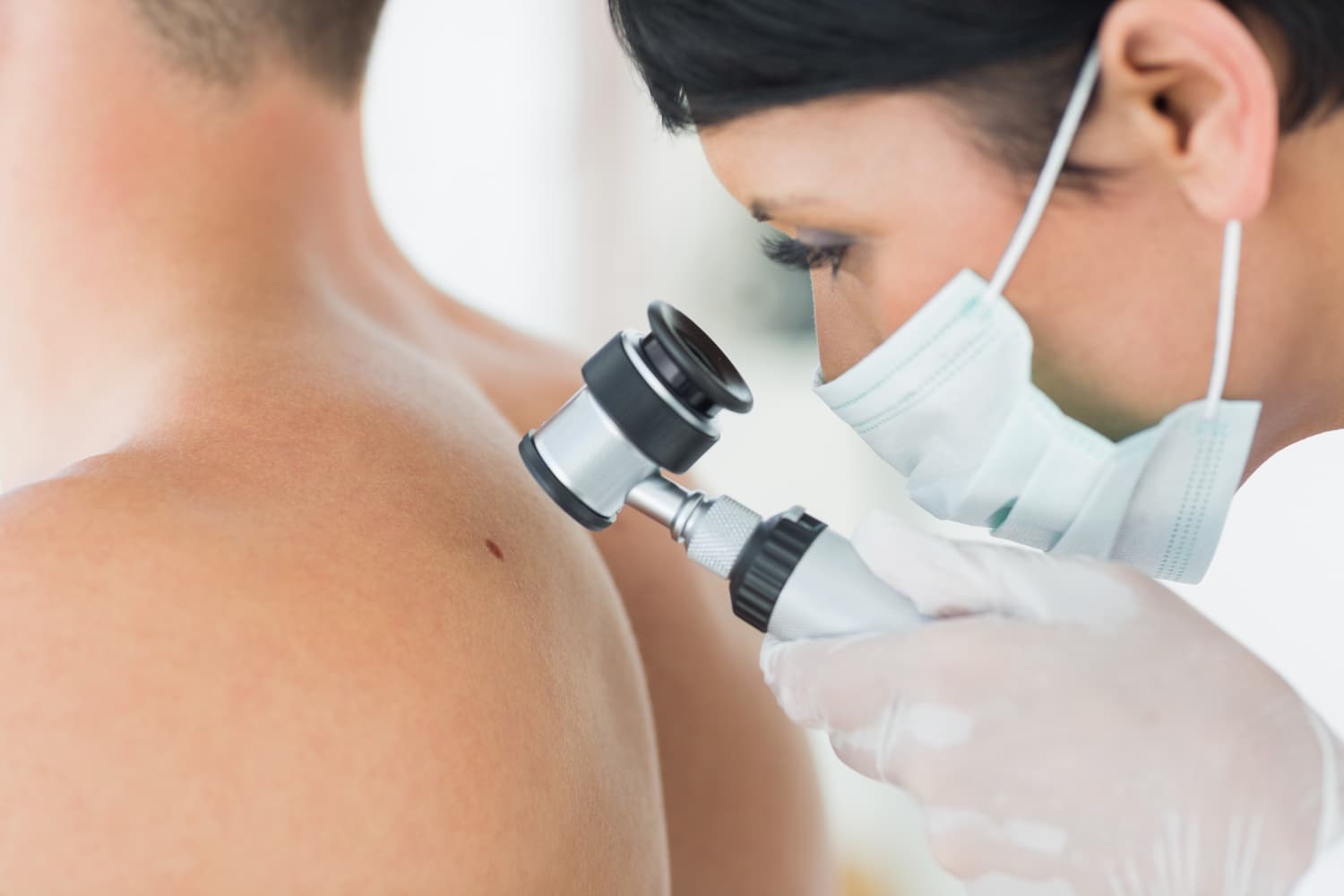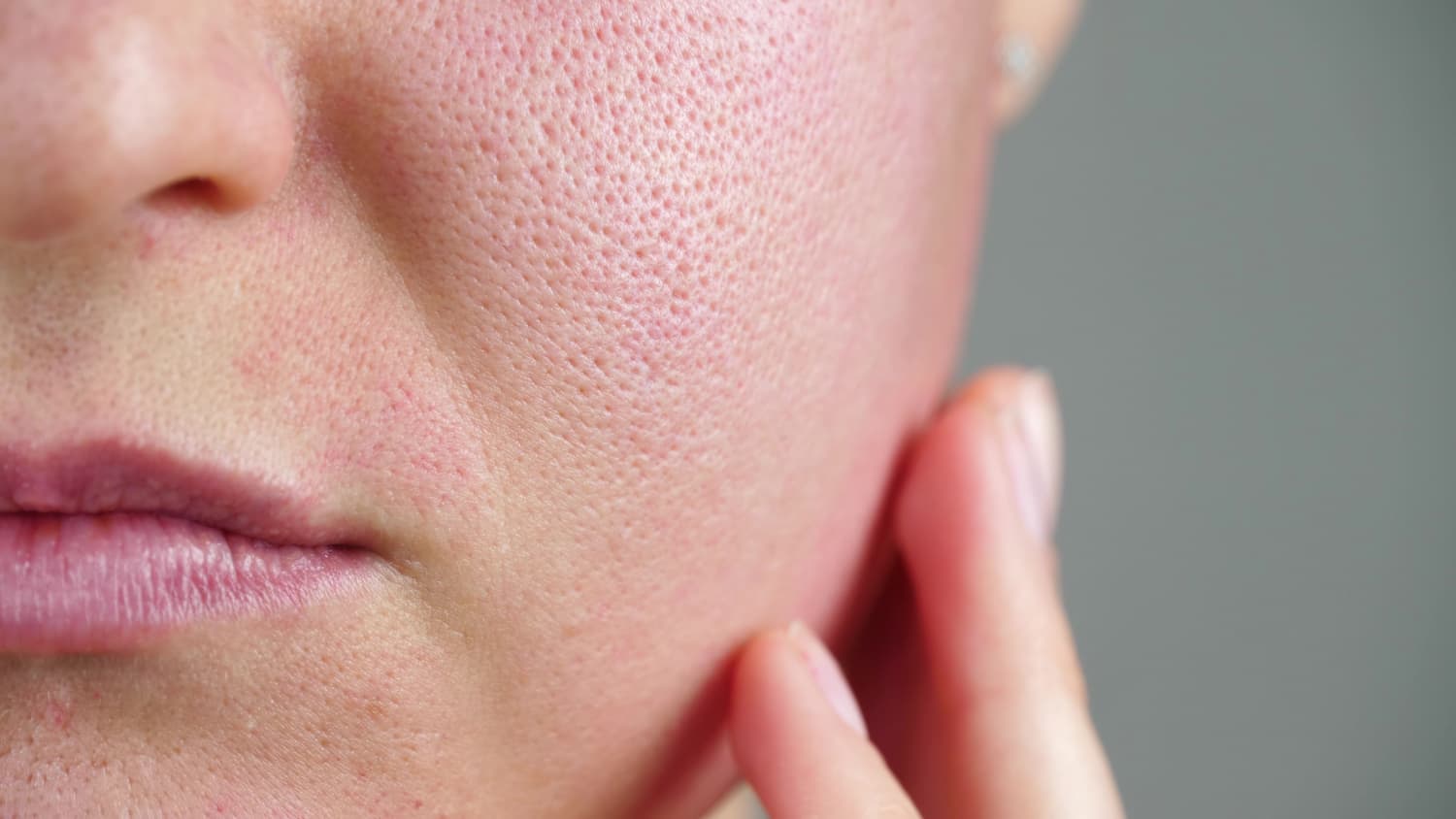As you get older, it’s critical to acknowledge any changes in your body. Being aware of any shifts will allow you to recognize what is and what isn’t normal. As a result, you’ll be able to address your health concerns quicker and determine the best ways to optimize your well-being.
For a majority of people, initial changes in the skin are normally recognized during puberty. And while this awkward stage of life tends to be a period of rapid transition, no one’s skin stops evolving once this phase is over. Instead, a person’s skin will continue to gradually develop throughout their life. Skin transformations may be associated with environmental factors like temperature and humidity, a person’s hormone balance, lifestyle habits, current health status, age, and gender.
With regard to these factors, it’s no wonder why maintaining healthy skin can be so challenging. Fortunately, we’re here to help! In honor of National Healthy Skin Month this November, we’re here to guide you on the right ways to protect and improve your skin. So whether you’re 18 or 55 years old, try out these tips to maintain healthy-looking skin at every age.
Know Your Skin Type
In order to preserve your gorgeous glow, you must first determine your skin type. This will not only provide you with insight into the specific needs of your skin, but it will also allow you to figure out which unique skin-care products will work best to support your skin. Typically, your skin can be classified into one of the following categories:
- Dry Skin: Skin looks dull and dehydrated. Symptoms may consist of itchiness, red patches, or scaly rough skin texture.
- Oily Skin: Oily skin causes the complexion to appear thick and shiny. Signs of this skin type comprise of enlarged pores, glossy-looking skin, and sometimes acne.
- Normal Skin: Skin is not too dry or too oily and isn’t overly sensitive. The complexion has little to no imperfections.
- Combination Skin: Skin may be dry or sensitive in some areas, while oily in others. Common signs of combination skin may include oily skin located on the T-zone region of your face, blackheads, and slightly larger pores.
Depending on which category you fall under, the skincare products you purchase will vary. Before you purchase your essentials, make sure you dedicate some time to investigate what ingredients will be most effective for managing your type of skin. Once you get a better idea, you can use this information to find a compatible cleanser, toner, serum, moisturizer, and exfoliator to incorporate into your daily skin-care routine.
Develop a Daily Skin-Care Routine
Now that you’ve done your research on your skin and have acquired the right products, it’s time to focus on developing a personalized daily skin-care routine. By creating a personalized routine and following it regularly, you’re improving your skin’s health in both the long and short-term. Perfect skin doesn’t just happen overnight. In fact, according to StyleCaster, most people have to wait at least 28 days before they begin to see results from new skin-care products and routines! Needless to say, consistency is key when it comes to healthy skin.
Similar to the skin-care products you use, the daily skin-care routine you build will be contingent on your skin type. Some people may only have four steps to their regimen, while others may have five or six. Luckily, there is no right or wrong number of steps. As long as your skin-care routine is benefiting your skin, that’s all that matters. Regardless of the number of steps, your skin-care regimen should be completed twice a day and arranged in this order: cleanse, treat, hydrate, and protect. Keep in mind that certain steps should be completed in accordance with the time of day. To learn about the proper way to organize your morning and nightly skin-care routine, check out this link!
Don’t Forget to Apply Sunscreen
One skincare step that’s often forgotten about is sunscreen. Sunscreen should be the last step of your morning routine right before applying makeup. Even on days where the sun is hiding, you should never forget to apply sunscreen to your exposed skin. Being tan might seem appealing, but exposing your skin to harmful ultraviolet (UV) rays can quickly advance the aging of your skin. As reported by the World Health Organization (WHO), 90% of visible signs of aging are (thick wrinkles, dark spots, and leathery skin) can be attributed to sun exposure.
Because sunscreen has proven to be such a practical, yet powerful tool for your skin, you have to remember to apply it every day. Similar to your other skin-care products, you should look closely at the ingredients of your sunscreen. Even though this will mean different products for different people, try to find a product that has an SPF of at least 30. To ensure you never forget, consider purchasing other innovative beauty products that have SPF already in it. This can ordinarily be found in face moisturizers and even in some make-up products.
Watch What You Eat
Of the many lifestyle habits you should be mindful of, your diet is arguably the most important. If you don’t get enough of the necessary vitamins and nutrients, you’re putting your health at risk. Specifically, a poor diet can lead to weight gain, a weakened metabolism, and damage to various organs — one of them being your skin. That’s why it’s imperative for you to be conscious of what foods and drinks you consume on a regular basis.
Indulging in fatty foods and sugary treats is fine to do every now and then, but overdoing can negatively impact the turnover of your skin cells. When this happens, your pores expand in size, making it easier for them to get clogged by dead skin cells and oil. This causes proteins and sebum (the natural oils in your body) to get trapped under your skin. In turn, your skin becomes more susceptible to breakouts. Luckily, this is easily preventable. To stop this from happening, drink plenty of water every day and try your best to maintain a well-balanced diet. This doesn’t mean you have to cut out junk food entirely, but rather, you simply have to consume other nutritious foods to encourage optimal health.
Practice Self-Care Rituals
Whether you like it or not, stress is a part of our lives and unfortunately, it affects our well-being in more ways than one. Besides the fact that it’s physically and mentally draining, it can also be harmful to your skin, especially for those of you who struggle with skin conditions, like eczema or rosacea. When you’re feeling stressed out, a chemical response is triggered in your body, which therefore affects your skin. As a result, your skin usually reacts to stress with inflammation and/or acne.
To keep this from happening, practice self-care rituals to manage your stress. Setting aside a little time for yourself each day will allow you to kick back and unwind after a long day. It doesn’t matter what form of self-care you practice — bubble baths, face masks, meditation, or yoga — it all serves the same purpose: to bring you peace. Whatever activity you decide on, just make sure it actually helps you relieve stress and is beneficial to your overall health.






